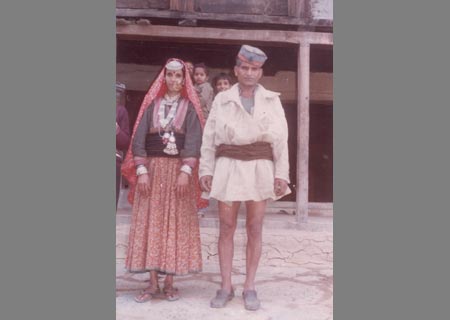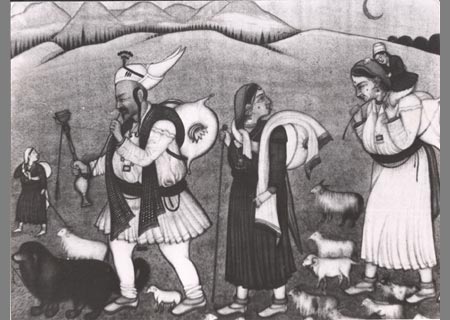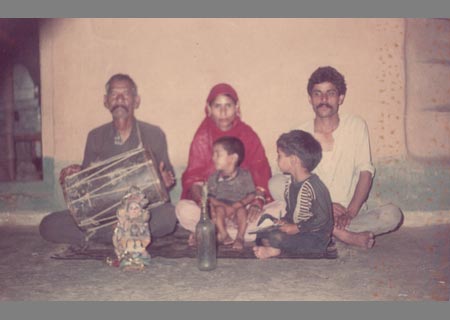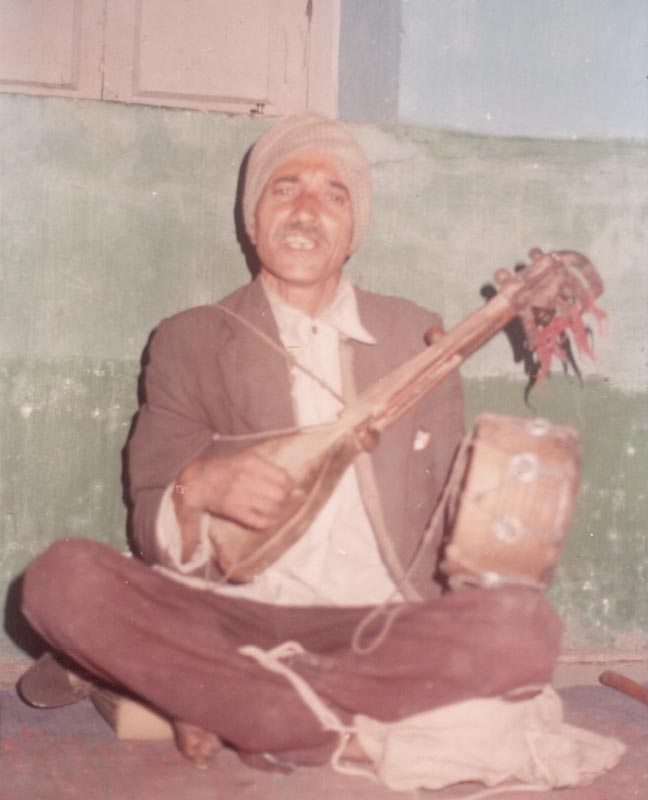Ritual, Performance, and Transmission: The Gaddi Shepherds of Himachal Himalayas
- Volume 29, Number 2
- Mahesh Sharma
- View PDF | Download PDF
- http://journal.oraltradition.org/issues/29ii/sharma
Abstract
Nawala, a sacrificial ritual offering made to Shiva, is central to the identity of the Gaddis, nomadic mountain shepherds of Himachal Pradesh in Northern India. Over a long period of time the Gaddis were encouraged to abandon shepherding and settle on the plains among agricultural communities. Displaced from their ancestral habitat and nomadic ways, the focus of their ritual performances changed. Examining one ritual text as a prism for folklore and social change, Sharma analyzes how dislocated “identity” negotiates and reinvents itself through ritual performance. The transformation of ritual text, disappearing lineages of traditional singers and ritual specialists, new interpretations and transmission agencies, as well as the eventual preservation and transmission of ritual-lore through audio and video technology, chart the trajectory of identity transformation and engagement with modernity.
eCompanion



















